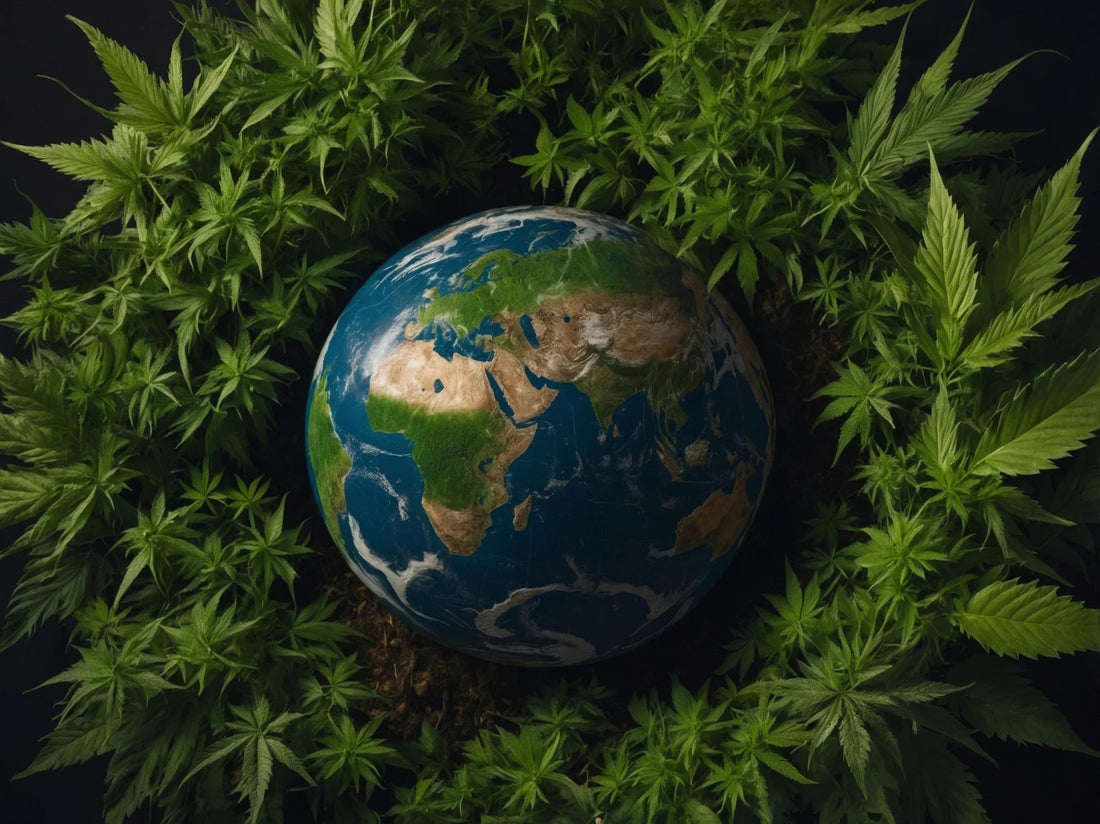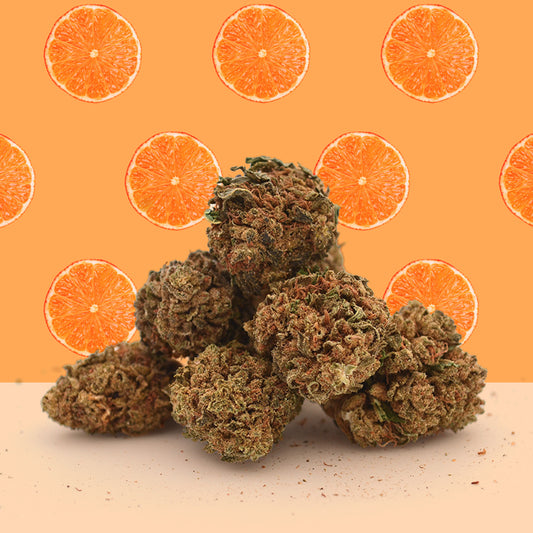The CBD market is growing steadily and is a profitable business all over the world. It is expected to reach $12.64 billion by 2026, and 84% of the population consume it daily. However, cannabidiol is not authorized in every country in the world, and its legality depends on each country's rules and conditions. Mama explains the various measures taken to legalize CBD in countries around the world.
Update on CBD legalization worldwide
In Europe
CBD has become a wellness product accessible to the general public in the majority of EU products. But already on the form of CBD products authorized for sale, conditions vary from country to country.
Only Germany, England, Switzerland and Belgium authorize CBD for medical or therapeutic purposes. In all cases, member states have agreed to a maximum THC content of 0.3% in hemp-based products. To find out what the regulations are in each country, consult the website of the International Narcotics Control Board (INCB), particularly for those with CBD-based treatments.
As for legalization ,Germany legalized cannabis on April 1, 2024. Other countries, such as Spain and Portugal, have decriminalized and regulated it.
In Asia
Asian countries have adopted CBD for consumption. Each country has legalized CBD at its own pace, but today you can find it in China, Japan and Thailand. Thailand legalized cannabis on June 9, 2022. However, consumption is not necessarily free and requires vigilance. For example, smoking is prohibited in public spaces. In Japan, CBD is legalized on condition that it does not contain THC, and cannabis is demonized by both the government and the population. Only 1.4% of Japanese claim to have tried marijuana (according to the Japanese Ministry of Health), compared with over 40% in Ireland.
In Canada
Canada abides by the United Nations conventions on drug control. The government and Health Canada control both production and marketing. Only certified dispensaries are authorized to sell CBD and cannabis. It is strictly forbidden to promote cannabis in Quebec, whereas in Ontario and British Columbia, marketing is a little more flexible. Canada launched a major public health campaign by legalizing marijuana on October 17, 2018.
In Latin America
Cannabis has been used medicinally for many years, and CBD oil is distributed as a medicine for therapeutic use. In Brazil, for example, the National Health Surveillance Agency (ANVISA) has legalized the use of CBD for therapeutic purposes, subject to a medical prescription. Cannabis consumption is legal in Uruguay, Puerto Rico and Panama, but many countries have decriminalized its use, including CBD. In recent years, countries such as Colombia have seen exponential growth in the CBD market.
In the United States
As in Latin America, it's up to each country to shape its CBD legislation according to its socio-cultural and economic aspects. In 2018, the U.S. Farm Bill promulgated the distinction between hemp, now legal for agricultural and industrial use, and cannabis. Hemp or CBD is assessed on a THC presence of less than 0.3%, as in Ireland. The Farm Bill declaration allowed the production and marketing of CBD under strict supervision.
However, there is still duality and confusion among producers, consumers and authorities from one country to another. The FDA (Food and Drug Administration), which regulates food and drugs in the USA, has yet to approve CBD as a dietary supplement.
At present, the laws in each country vary from prohibition to legalization, whether for CBD or cannabis. But almost all American states allow the use of CBD with less than 0.3% THC, such as Colorado, California and Texas.
Legislation continues to progress, but in 2020 states such as California, Michigan, Nevada, Alaska and Washington legalized the use of cannabis for both therapeutic and recreational purposes.
In Africa
Africa, where the Maghreb is highly renowned for its hach cultivation and production. With a view to preserving its culture and traditions for over 100 years, Morocco is currently considering whether to legalize cannabis. The situation regarding the legalization of CBD varies from country to country, depending on the opinions and values of each of the 54 countries concerned. Some countries, such as Rwanda, Ghana and Uganda, allow CBD and cannabis for medical purposes. And South Africa has decriminalized it since 2018.
In Oceania
In February 2021, Australia amended its laws to allow the sale of low-dose CBD products without a prescription. These products must contain less than 1% CBD and be used for specific medical conditions.
In New Zealand, cannabis-based medicines have been legalized since 2020 under medical prescription. The same applies to all CBD-based products, provided they contain less than 2% THC and are manufactured locally.


![Trim CBD 🧉 [Greenhouse]](http://mamakana.com/cdn/shop/files/TrimCBD_1_62bc19c6-8b2f-416e-aa10-70da357ae351.jpg?v=1720017738&width=533)



![Banana Cream CBG 🍌 [Greenhouse]](http://mamakana.com/cdn/shop/files/banana.jpg?v=1683038126&width=533)



